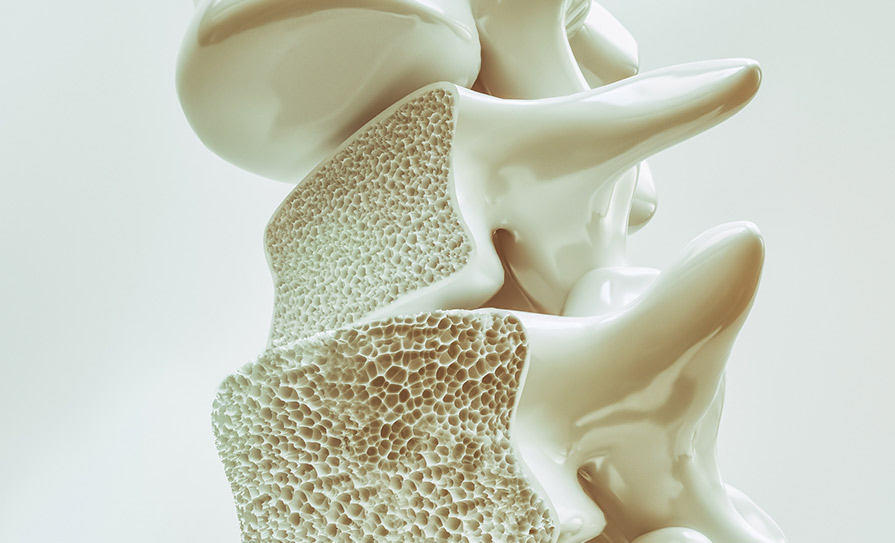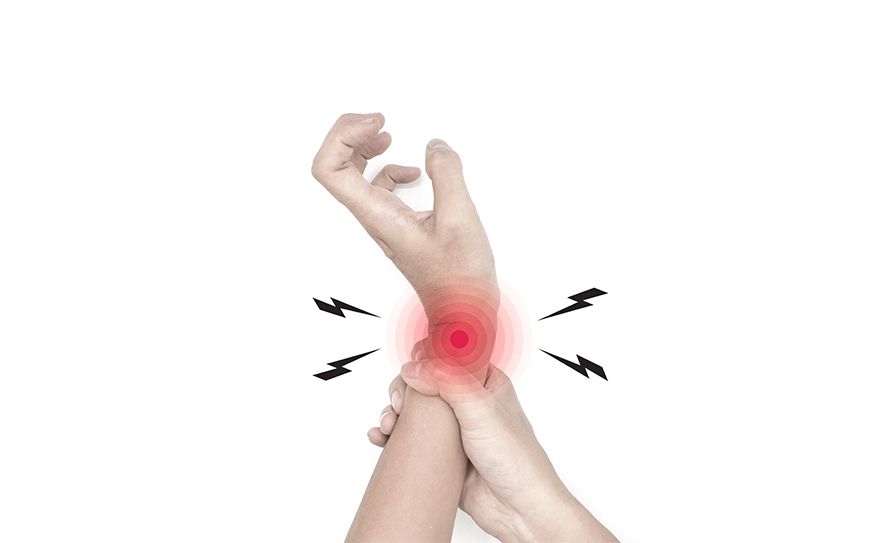Priscilla Lynch reports on the key findings of new Irish research on the lack of appropriate nutrition support for oncology patients
A major new survey of Irish cancer patients has found that 36 per cent reported unintentional weight loss, yet one-third of these were never seen by a dietitian or provided with nutritional support.
The study was conducted by the Irish Society for Clinical Nutrition and Metabolism (IrSPEN) in collaboration with University College Cork (UCC) and involved a survey of over 1,000 patients undergoing cancer treatment across all 25 cancer care sites in Ireland.
It is the first time research of this type has been carried out in Ireland and is one of the largest studies of its kind in Europe relative to the numbers of cancer patients nationally.
The research found that:Nearly half (45 per cent) of cancer patients reported significant nutritional and eating problems.
Despite the high prevalence of appetite loss, weight loss and other side-effects of the disease or its treatment, over 60 per cent of patients reported that they were not asked about diet by their medical team.
39 per cent of patients had been seen by a dietitian at some point, but many with serious nutritional problems had not.
In contrast, the survey showed that nine out of 10 (87 per cent) described nutritional support and advice as either ‘very important’ or ‘extremely important’ to them.
There are currently just 33 whole-time equivalent dietitians in the country, or one dietitian for approximately 4,500 patients living with invasive cancer, which is far short of the level required, IrSPEN said.
Muscle loss
UCC Lecturer in Nutritional Sciences Dr Aoife Ryan, who led the research team in UCC, said one-in-two cancer patients (52 per cent) reported muscle loss.
However, many of this high-risk cohort had not made the association between muscle loss, cancer presence, treatments and outcomes, suggesting that muscle loss and weight loss were not being discussed with patients, she said.
“Muscle loss among cancer patients is linked with poorer response to treatment and a poorer survival outlook. Failure to address nutritional deterioration puts the patient at risk of poor tolerance to chemotherapy, increased complications in surgery and increased need for hospital inpatient care.
“Apart from undermining the effectiveness of expensive therapies, it increases healthcare costs. This doesn’t make any sense, since the costs of providing good nutritional care are very modest in comparison.”
Continued weight loss is associated with poorer survival, Dr Ryan pointed out. “For patients in whom cure is no longer possible, delay in providing nutrition support impacts quality of life and survival time.”
Gaps
Prof John Reynolds, Academic Head of the Department of Clinical Surgery, Trinity College Dublin, and IrSPEN President, said the research highlighted major gaps between patients’ needs (for nutritional information, advice, support and care) and what is actually being provided, within and outside designated cancer centres in Ireland.
“Cancer patients have the highest rate and severity of malnutrition of any patient group, yet even those with evident serious nutritional problems are frequently not receiving the right information, advice or support at the right time.”
He added that the research highlighted the need for a change in thinking, if Ireland is to become a world leader in cancer care.
“Nutritional problems can limit the effectiveness of even the best therapies. Prevention of malnutrition and preservation of muscle mass need to be recognised as an integrated clinical goal within cancer care. We need appropriate staffing and effective communication across healthcare professionals.”
IrSPEN Director and Nutrition Consultant Ms Niamh Rice said that the findings need to be immediately addressed.
“Because many cancer patients struggle to maintain weight, early nutritional care, advice and support aimed at preventing weight loss and preserving muscle are vital to cancer care.
“This as a critical concern and we are calling on all healthcare professionals working with cancer patients to pay greater attention to nutritional problems, such as loss of appetite. Even modest weight loss increases the risk of treatment side-effects and poorer outcomes.
“Addressing the shortage of dietitians specialising in cancer care is a clear starting point. There are just 33 whole-time equivalent dieticians allocated to cancer patients nationally and three clinical specialist dietitians in the country. This is significantly short of what is required.”
At its policy seminar on optimising nutrition in cancer, on 28 March in Dublin, IrSPEN called for the following recommendations to be actioned:
Prevention of cancer-related malnutrition must become a recognised goal of cancer care.
Investment in dietetic services for cancer patients, with immediate appointment of 10 specialist dietitians.
Nutrition screening must take place at all points where care is delivered, including day care and outpatient services for chemotherapy and radiotherapy.
Communication around nutrition must be improved for all patients, not just those who are visibly malnourished.
Nutrition education and training for oncologists and other oncology medical staff.
Integration of nutrition into the cancer strategy, with standardisation of care pathways and advice.
To download or view the full research findings, go to www.irspen.ie.













Leave a Reply
You must be logged in to post a comment.